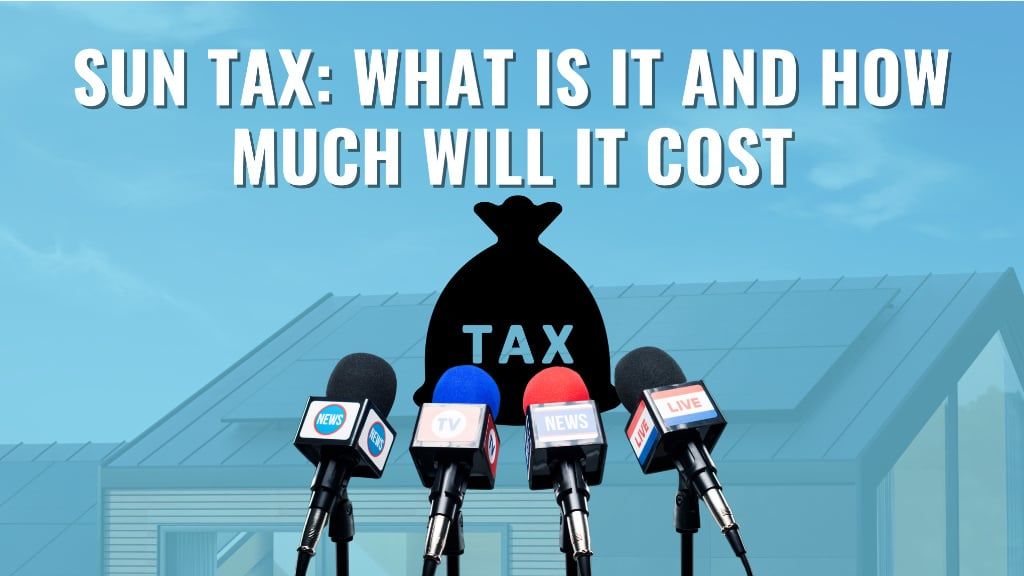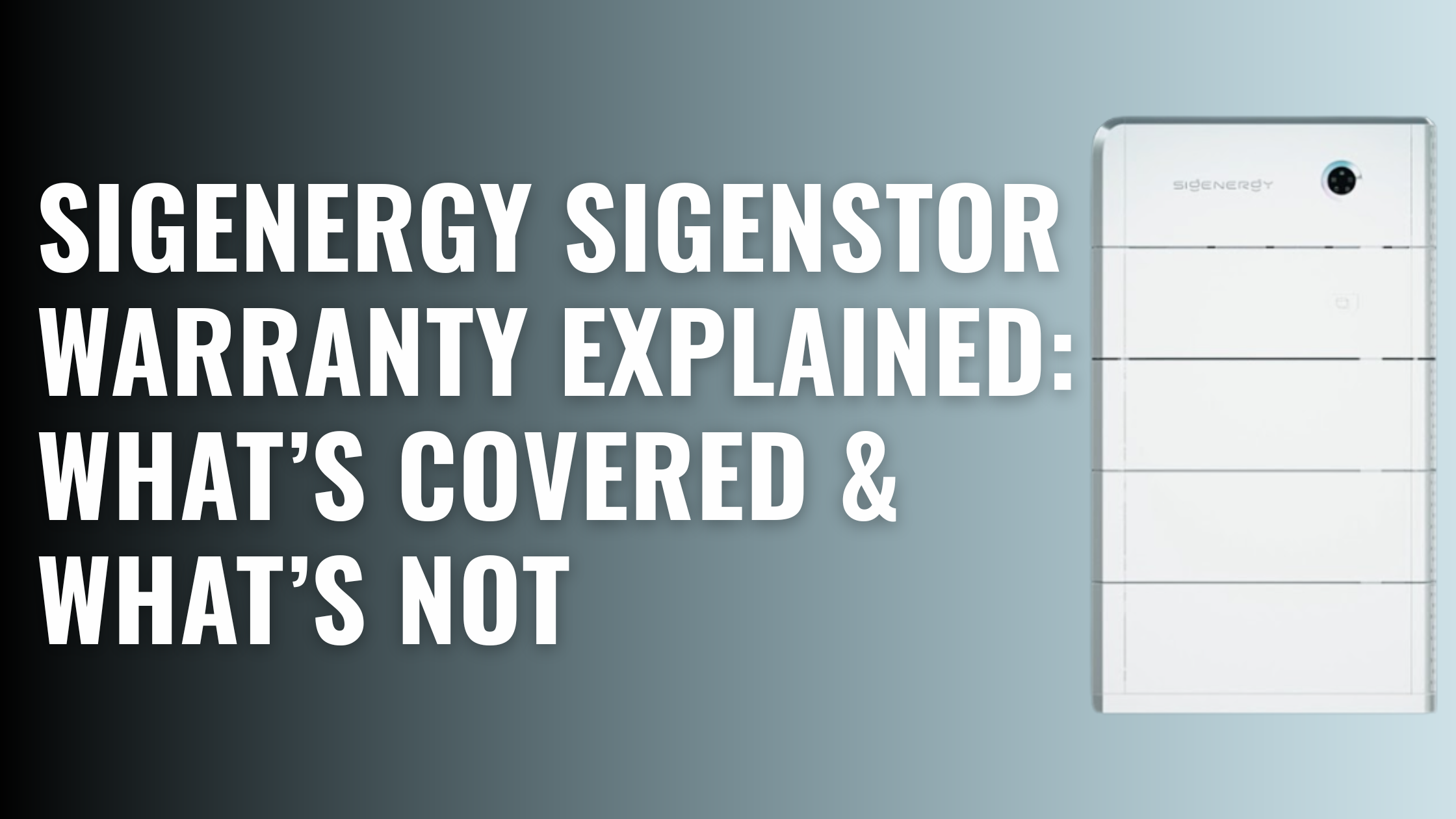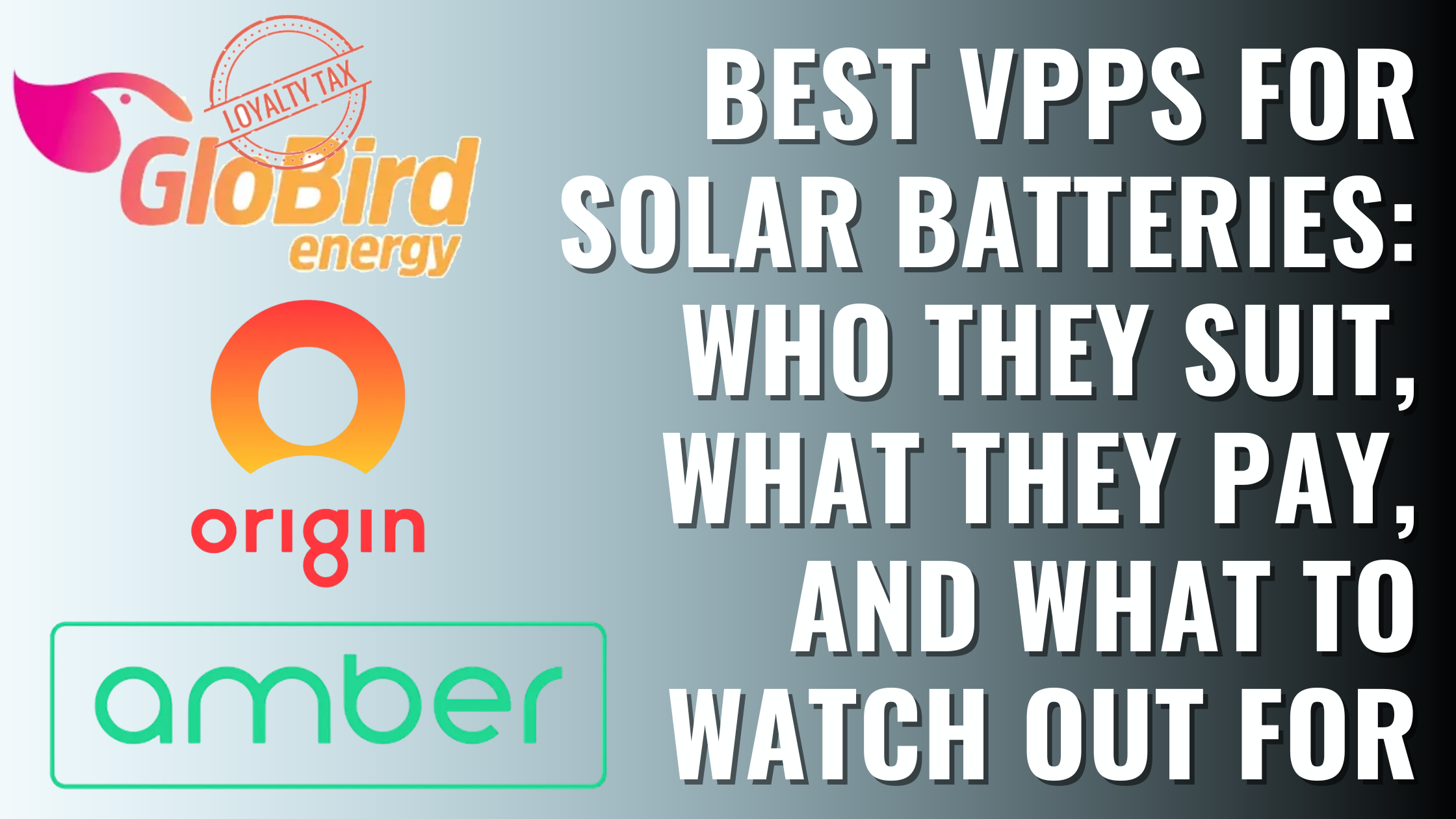
Written by Donna Wentworth
Last Updated: March 18, 2025
Sun Tax: What Will It Cost? Everything You Need To Know
Are you worried about the so-called “sun tax” and its impact on your solar investment? You’re not alone. With media reports amplifying fears about the new solar export charges, many homeowners are questioning whether solar panels are still a smart choice. But here’s the thing: the sun tax might not be as bad as you think.
In this article, you will learn what the sun tax really is, how much it will affect you, and why solar energy remains a wise investment despite the new charges.
What is the Sun Tax?
The “sun tax” refers to new solar export charges being introduced to help manage the increasing amount of solar energy flowing back into the electricity grid. These charges are part of a two-way pricing system designed to balance the benefits of solar energy with the costs of maintaining grid stability. Essentially, homeowners with solar panels will be charged a small fee for the electricity they export back to the grid during peak periods when the grid is under stress.

Media Hype vs. Reality
The media has sensationalised these charges, leading to widespread concern among current and prospective solar panel owners. Headlines have focused on the potential costs without providing the full context, creating a sense of panic. In reality, the charges are relatively modest and are designed to encourage more efficient use of solar energy rather than to penalise solar panel owners.
For example, according to SolarQuotes, the fees could be as low as 2 to 3 cents per kilowatt-hour during peak times. This is a manageable cost considering the overall savings from generating your own electricity.
As has been the case for quite a few years now, you get the most benefit from solar by using the power you generate throughout the day as opposed to donating it to the grid for an abysmal 7c/kWh. When the ‘sun tax’ comes into effect, programming the inverter to limit power going to the grid and avoid any export charges, is a simple and easy task. This way, instead of getting next to nothing for feeding excess power to the grid, you’ll just get nothing for it. So the financial benefit of solar doesn’t really change too much. Previously, exporting power to the grid and generating a small credit was a nice-to-have, but not really anything to write home about.
The key takeaway is that while these charges introduce a new cost, they do not eliminate the financial benefits of having solar panels.

How Will the Sun Tax Affect My Solar Savings?
One of the most common questions we hear is: “Is the sun tax going to wipe out the savings from my solar panels?” The short answer: No, it won’t. We know the term “sun tax” might sound worrying at first, but the actual cost impact is much smaller than people expect. Here’s why:
1. Modest Fees: The export charges during peak times are relatively low.
Here’s the simple math:
- Charge Rate: About 2 to 3 cents per kilowatt-hour (kWh) during peak times.
- Example: If your system exports 5 kWh per day, that’s roughly 10 to 15 cents per day.
- Over a month, it adds up to $3 to $4.50.
Compare that to the $1,000 to $1,500 per year most households save with solar, and the fee becomes quite minor.
2. Net Savings: Even with the sun tax, the net savings from solar panels remain significant. For instance, a typical household with a 6.6 kW solar system can save between $1,000 and $1,500 annually on electricity bills. Subtracting the potential annual export charges of around $50 to $100 still leaves you with substantial savings.
3. Return on Investment (ROI): The return on investment for solar panels continues to be strong. With or without the sun tax, the payback period for most solar installations remains within 3 to 5 years, depending on system size and local electricity rates. After the payback period, the savings continue to accumulate, making solar panels a financially sound investment over their 20-25 year lifespan.
Why Solar is Still a Good Investment
The sun tax might sound like a big deal, but in reality, solar panels remain a great investment because:
1. Long-term Savings: Solar panels significantly reduce your electricity bills, providing long-term savings that far outweigh the modest export charges. With rising electricity prices, generating your own power becomes increasingly valuable.
2. Environmental Benefits: Investing in solar energy helps reduce your carbon footprint. By generating clean, renewable energy, you contribute to the fight against climate change and support a sustainable future.
3. Energy Independence: Solar panels provide energy independence by reducing reliance on the grid. This is particularly beneficial during power outages or periods of high electricity prices.
4. Increased Property Value: Homes with solar installations are often valued higher and can sell faster than those without. Potential buyers recognise the long-term savings and environmental benefits of solar energy.

How Can I Reduce the Impact of the Sun Tax?
While the sun tax introduces a new cost for solar panel owners, there are several strategies you can employ to minimise its impact and maximise your savings.
1. Use More Power When the Sun Is Shining
The simplest way to avoid export charges is to use more of your solar power yourself instead of sending it back to the grid.
How?
- Run appliances like dishwashers, washing machines, and air conditioners during the day.
- Charge devices and electric vehicles while the sun’s out.
Why it works:
The less energy you export, the fewer charges you’ll pay.
2. Consider Battery Storage
Installing a solar battery lets you store extra energy during the day and use it at night or when the weather’s bad.
Benefits:
- Avoid export fees.
- Reduce reliance on the grid.
- Lower your power bills even further.
Yes, batteries cost upfront, but over time, they can boost your savings and give you more energy independence.
3. Upgrade to Smart Inverters
Smart inverters control how your solar system uses and distributes power:
- They prioritise using your solar energy first.
- They can direct extra energy to your battery (if you have one) instead of exporting to the grid.
This keeps export fees down and ensures you get the most value from your system.
4. Use Energy Monitoring Tools
Knowledge is power (literally)!
By using energy monitoring apps and tools, you can:
- See when your system produces the most energy.
- Track how and when you’re using electricity.
- Make adjustments (like shifting appliance use) to reduce exports and maximise self-consumption.
5. Join Energy Trading Programs
In some areas, you can sell your excess solar power directly to other consumers or businesses through energy trading platforms.
Why this matters:
- You may get better rates for your exported power than the standard grid feed-in tariff.
- It can help offset or even cancel out the sun tax charges.
Don’t Believe The Hype
The sun tax doesn’t have to cut into your savings. Understandably, as a homeowner or potential solar panel buyer, it can be worrying to know that you’d have to “pay more.” However, proper context matters! The financial impact of these charges is still relatively minor compared to the overall benefits of solar energy. With the right strategies, you can reduce export charges, keep your bills low, and make the most of your solar investment.
Solar energy remains a smart investment, offering long-term financial benefits, environmental advantages, and increased energy independence. Don’t let the fear induced by media reports stop you from considering or continuing your solar journey. With the right approach, you can navigate the new charges effectively and continue to reap the rewards of clean, renewable energy.
Still unsure how the sun tax would affect your situation?
Let’s walk through your numbers together — so you can make the most informed decision.

